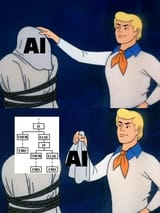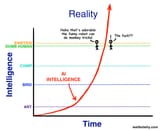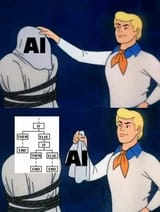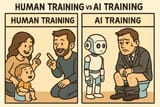Anonymous
(ID: /kWpck/d)
 6/28/2025, 6:48:38 AM
No.508932504
[Report]
>>508932709
>>508933227
>>508933302
>>508933347
>>508933409
>>508933517
>>508933773
>>508933977
>>508934032
>>508934042
>>508934079
>>508934084
>>508934139
>>508934466
>>508934805
>>508934824
>>508936015
>>508936220
>>508936379
>>508936593
>>508936671
>>508936735
>>508936887
>>508937022
>>508937079
>>508937213
>>508937250
>>508937450
>>508937895
>>508938786
>>508941157
>>508941883
>>508942349
>>508942564
>>508942636
>>508943254
>>508943390
>>508943539
>>508943564
>>508943595
>>508944686
>>508949439
>>508950285
>>508950326
>>508950888
>>508951110
>>508951153
>>508951317
>>508951367
>>508961177
>>508962771
>>508963210
>>508963605
>>508963721
>>508970758
>>508971133
>>508971238
>>508972279
>>508974189
>>508976414
>>508982313
>>508982372
6/28/2025, 6:48:38 AM
No.508932504
[Report]
>>508932709
>>508933227
>>508933302
>>508933347
>>508933409
>>508933517
>>508933773
>>508933977
>>508934032
>>508934042
>>508934079
>>508934084
>>508934139
>>508934466
>>508934805
>>508934824
>>508936015
>>508936220
>>508936379
>>508936593
>>508936671
>>508936735
>>508936887
>>508937022
>>508937079
>>508937213
>>508937250
>>508937450
>>508937895
>>508938786
>>508941157
>>508941883
>>508942349
>>508942564
>>508942636
>>508943254
>>508943390
>>508943539
>>508943564
>>508943595
>>508944686
>>508949439
>>508950285
>>508950326
>>508950888
>>508951110
>>508951153
>>508951317
>>508951367
>>508961177
>>508962771
>>508963210
>>508963605
>>508963721
>>508970758
>>508971133
>>508971238
>>508972279
>>508974189
>>508976414
>>508982313
>>508982372
IT'S OVER - ARTIFICIAL SUPERINTELLIGENCE IS ABOUT TO BE RELEASED
Humans are about to be subjugated.











































